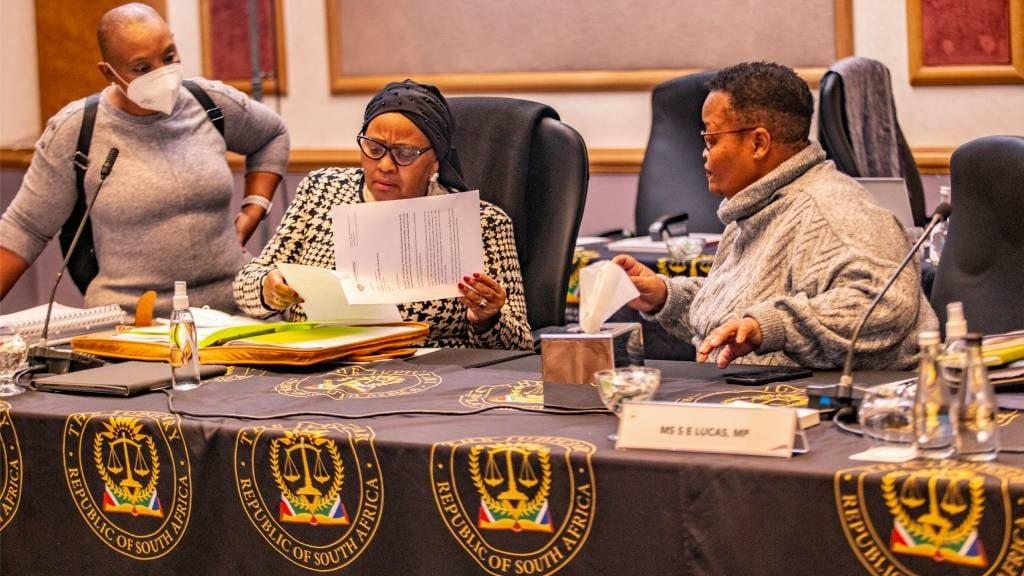Africa-Press – South-Africa. A University of Limpopo law professor believes there should be a limited number or no political appointees to the Judicial Service Commission (JSC), which oversees the appointments of judges.
According to Professor Omphemetse Sibanda, the JSC has “run its good course, and while the problem was not the commission itself, its make-up was”.
“The minute you have more than three people who are more on the political side, then you know you are in trouble,” Sibanda said at a Department of Justice and Correctional Services conference on Wednesday.
“We have seen that happening and playing out in front of our eyes. I don’t think we should allow that to continue,” he said.
The theme of the conference was “Reflections and the Road Ahead”, and Sibanda was part of a panel on transforming and building an independent and resilient judiciary.
Sibanda is a law professor and the executive dean of the Faculty of Management and Law at the University of Limpopo.
If it were up to him, he said, he would limit or remove the number of political appointees to the JSC.
He said:
News24 previously reported several instances of JSC members using interviews to settle political scores against judges who had ruled against them, their leaders or their political allies.
A proposal for fewer political appointees on the JSC is before Parliament’s Joint Constitutional Review Committee. The Helen Suzman Foundation has proposed an amendment to Section 178 of the Constitution, which would see fewer MPs and presidential appointees on the JSC.
A statement from the foundation read: “For years now, the JSC has been prone to political interference in respect of appointments of judges, and the report argues that the JSC should be reconstituted to include more senior judges and fewer party-political appointees.”
At the conference on Wednesday, Sibanda also spoke about transforming the judiciary, saying more needed to be done because for “quite too long, the judiciary was white and male dominated”.
Sibanda said a diverse and gender-balanced judiciary could serve multiple purposes.
“Society will feel very much safe and really taken care of when those who are judging reflect society.”
He said he was hopeful that President Cyril Ramaphosa would appoint a woman judge as president of the Supreme Court of Appeal, but added that it was a “small number compared to the leadership of the court”.
Meanwhile, former Constitutional Court justice Albert Sachs lauded the Constitution, describing it as “great”. According to him, those who said the Constitution did nothing took it for granted.
The Constitution protected millions in their workplace and made it possible for people of the same sex to live free and love each other, he added.
“I am proud of the fact we have the term non-sexism.”
He also said he was “proud” of the Constitution because the country had free and fair elections.
“That is huge; we simply take it for granted,” he said, adding people could freely criticise the president and not be jailed for it.
“The Constitution is my champagne if you like; I can drink it every day.”
For More News And Analysis About South-Africa Follow Africa-Press






